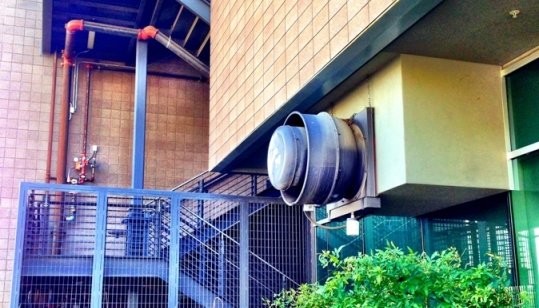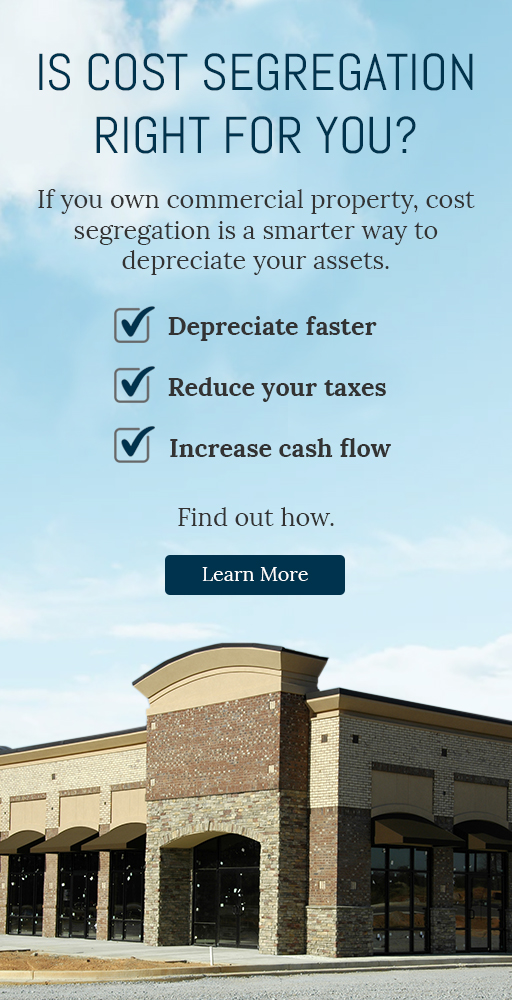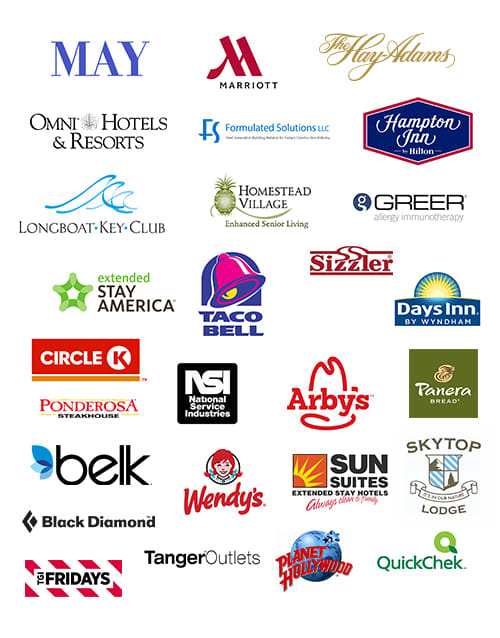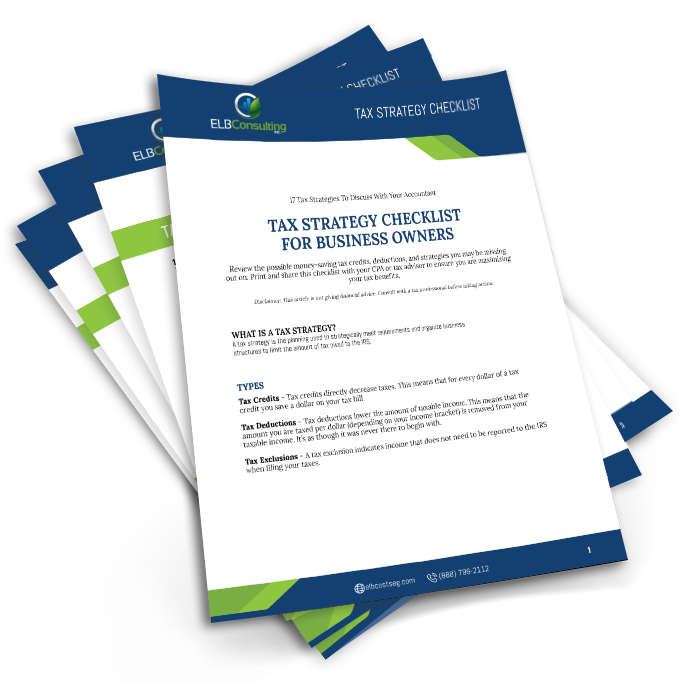IRS guidelines offer incentives that reduce Commercial Real Estate federal taxes (and improve cash flow!). Are you missing out on substantial tax deductions? Are you failing to cash in on available federal tax incentives for energy-efficient structures or subsystems? If you or your company is like most, you probably are. The IRS tax code offers a plethora of federal tax incentives to Commercial Real Estate (CRE) developers and owners, two of which we cover in more detail below:
Cost Segregation Accelerates Depreciation Deductions
A cost segregation identifies and reclassifies personal property assets to shorten the depreciation time for taxation purposes, which reduces current income tax obligations. Personal property assets include a building’s non-structural elements, exterior land improvements, and indirect construction costs. The primary goal of a cost segregation study is to identify all construction-related costs that can be depreciated over a shorter tax life of 5, 7 and 15 years versus the buildings 39 year tax life, thereby increasing the tax deductions and improving cash flow.
Cost Segregation Using Engineered Methodology
Using an “engineered methodology”, something a CPA is typically not trained to do, the qualified 5, 7 and 15 year components of the structure can be documented and depreciated based on IRS guidelines, maximizing allowable deductions. By depreciating these assets more quickly, taxes are reduced during the early stages of a property’s life, releasing cash for operations or further investment.
Cost segregation is not a tax shelter. It is an I.R.S. defined and guided tax reduction tool. Ninety-percent of all commercial property investors are overpaying their federal income taxes”, The Journal of Accountancy
It’s important to understand that the practice is not limited to the original building owner or developer. Any acquired building and/or renovations and upgrades in excess of $500,000 can qualify, whether the structure is 100 years old or new construction. Engage a firm to work with your CPA to maximize your benefit.
And while not included in underwriting guidelines, many lenders look favorably on CRE transactions that include cost segregation in terms of improving cash flow and asset performance.
Tax Incentives via the Energy Policy Act (Epact) of 2005
In addition to cost segregation deductions, the recently signed H.R. 5771 has retroactively extended two important EPAct 2005 energy incentives for developers of energy-efficient properties through the end of 2014; the 179D Commercial Tax Deduction and the 45L Residential Tax Credit.
The 179D Energy Tax Deduction looks at the building subsystems: the Envelope, Lighting, and HVAC/Hot Water, with the goal of reducing the property’s carbon footprint. Qualifying for these incentives can result in a deduction of up to $1.80 per square foot. Building owners can qualify not only on new construction but for any building put into service or substantially improved in the last six years; to include lighting retrofits or upgrades. Tenants can also qualify if they paid for and own the improvements.
The 45L New Energy Efficient Home Tax Credit, of interest to any developer of multi-family apartments or condominiums, provides up to $2,000 per residential unit that meets the energy efficiency standards. A development that includes 300 condominiums or residential rental units could qualify for up to $600,000 in credits.
The 179D and 45L Certifications are still available retroactively for buildings or renovation projects that occurred on the past several years, and must be conducted by a specifically certified engineering firm.
Why Not Take Advantage of the Incentives Offered by the Government?
This strategy of improving performance with accelerated deductions was formally documented by the IRS in 2004, cost segregation is not a tax loophole.
The 179D deduction also provides a boost to cash flows via federal tax deductions. The 45L delivers a “tax credit”, which is even sweeter than a deduction.
These are not government handouts, it is savvy tax strategy.
Don’t Just Depend on Tax Incentives
There are numerous other strategies that can improve the financial performance of a commercial property. Most notably the implementation of ‘energy-efficient’ programs and systems. These come in a vast array of sizes and scope; from fine-tuning and monitoring of current building automation systems to major CapEx projects. It is always best to start with an energy audit to establish a baseline and identify energy efficiency opportunities and the corresponding Return on Investment (ROI). This paints an energy profile of the facility to help prioritize what projects deliver the greatest near-term and long term benefit. Improving energy efficiency will reduce operating expenses and the carbon footprint while improving Net Operating Income (NOI) and green building initiatives. Both good things.
Most experts and economists agree the Commercial Real Estate (CRE) future is shining bright for the coming years, and employing these strategies will improve performance and longevity of asset performance.
You may be missing out on tax benefits.
Own commercial property?
We can help you find smarter ways to depreciate your property and reduce your taxes. Tell us about yourself and we’ll see how much you could be saving.




